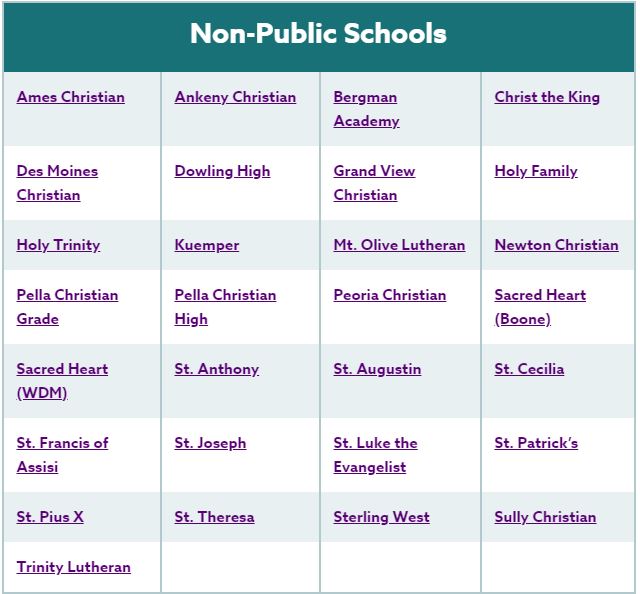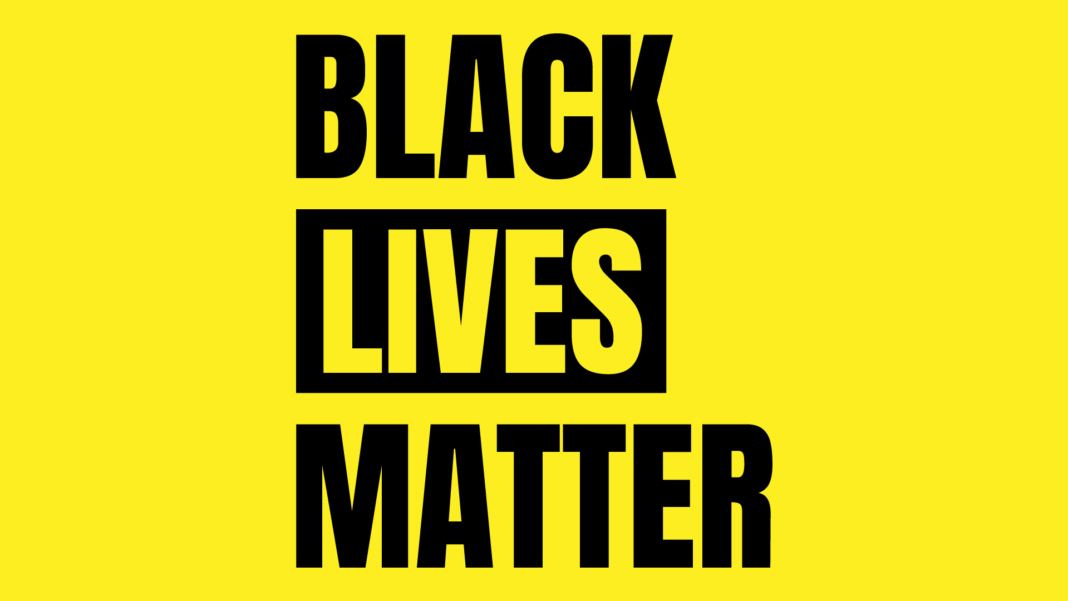It has been one heck of a year for public education in Iowa.
In fact, I’ve already forgotten some of the stories I’ve written about when it comes to the indoctrination taking place in classrooms across our state.
But here is one more…
A while back I received an email from a source relating to Heartland AEA. The source said that the full 2021 Black Lives Matter curriculum was sent to a teacher from Heartland AEA and that Heartland AEA “is beginning to distribute” the curriculum to Iowa teachers.
“Basically it is Ames ‘week’ on steroids,” the source said.
We have all the documents from the Google Drive that were included in this BLM curriculum, and we’ll revisit much of it later.
For now, though, I want to explain where we’re at with the accusation this material came from Heartland AEA.
According to the organization’s website, Heartland AEA works with public and accredited non-public schools to “provide educational services, programs and resources for improving the learning outcomes and well-being of all children and youth in central Iowa.”
I reached out to Heartland AEA to ask if it was distributing BLM curriculum to schools, and this is what I was told:
“So, we don’t distribute any specific curriculum materials. School districts are the ones who decide the curriculum that’s being taught. So, yeah, I can’t really help you in this situation.”
I explained that the information came into the teacher’s Google drive and the administrators said it came from Heartland AEA and to start reviewing it.
“Um, can you tell me what district it was? That might help me kind of narrow down…”
I told the representative of Heartland AEA that I could not tell her that because I did not have that information.
“OK. And I can run this by my supervisor too.
For clarity’s sake, I asked one final time to make sure that Heartland AEA would not have distributed any resources related to anything with Black Lives Matter.
“We don’t distribute any specific curriculum materials. School districts are the ones who decide the curriculum that’s taught by their teachers.”
Well, fast forward to March 24.
On March 24, I received a copy of an email that was sent from [email protected].
That is the email address of a man called Alex Glade, who happens to be the social studies consultant for Heartland AEA.
Here is part of what the email said:
“I hope your school year is off to a good start… I wanted to reach out today to express my appreciation for all you do, to offer support if there is anything I can do to help you, to share some resources and to alert you to a few upcoming opportunities.”
And here are some of the “resources” Glade shared with educators.
“Building Democracy for All — this free ebook, designed for middle/high school, includes pathways on topics such as: Election 2020, Black Lives Matter, Women, Student Rights and the structure/function of the U.S. government.
“Black Lives Matter.
“George Floyd’s death brought a renewed focus to the Black Lives Matter movement and social justice. The following resources will help teachers facilitate lessons and discussions about race and social justice topics:
“NEA EdJustice — includes a variety of resources to address the Black Lives Matter movement at school
“Teaching tolerance — a curated list of articles, classroom resources, professional development and more related to race, racism and police violence
“Black Lives Matter at School — classroom resources and lessons for every grade
“BrainPOP Antiracism Resources — free resources from BrainPOP to address the Black Lives Matter movement and social justices, grouped by K-3 and 4+”
Glade also included upcoming topics for #iasocialstudies Twitter chats in that email. The first one listed:
“September 24 – #CurrentEvents Around Black Lives Matter.”
For what it is worth, the website where archived #iasocialstudies Twitter chats are posted stopped with the Sept. 8 meeting. This means starting with the chat about BLM, there is no archive.
Leslie Osborn, a “social justice advocate” with Prairie Lakes AEA, seemingly posed the questions based on tweets.
Q1: How have you or students brought the #BlackLivesMatter conversation into the classroom? If it has not come up, why do you think that is?
Our friend Alex answered, “#Black Lives Matter discussions make people uncomfortable, which can make it hard to discuss, but this just proves how necessary it is.”
Leslie told participants that a first-year teacher a couple years earlier shared concerns that she would lack support from administrators or the community if she addressed such topics.
“I personally think that this is what makes it so important for White parents to ask teachers to please facilitate meaningful discussion. I would 100 percent support teachers willing to do this hard work.”
Holly Glade, a seventh-grade contemporary global studies teacher at Dallas Center-Grimes, said when the class did a review of events since the last time they were in school, many Ss mentioned BLM protests.
“Kids are definitely interested, but trepidatious about discussing issues of race,” she said.
Alex said the topic has been considered “taboo” for a long time and it is a “discussion that needs to be had.”
Tyler Youngers with the Northwest AEA said he hasn’t had a lot of BLM discussions with social studies teachers, but “that doesn’t mean we shouldn’t start.”
Leslie pointed out that without conversation, “we don’t have progress.”
Q2: What are your best strategies for navigating tough conversations where emotions run high with students?
Alex said the first step is “getting everyone to realize that it is OK to talk about things that might make people uncomfortable. We can’t have progress if we don’t address issues.”
Leslie noted that part of the job as an educator is to “help our students understand why it is important to be (accurately) well-informed.”
“Outside of educators I see a lot of misinformation,” she said.
Leslie noted that she attended an equity workshop for Iowa teachers in the summer and people mentioned how hard it can be to “relate to students who have a markedly different political view than they do.”
Q3: What connections (and/or resources) have you made to the current BLM movement and conversation to different content areas — U.S. History? World History? Sociology? Current Events? Global Issues? Other?
Leslie highlighted the timing of the acquittal in Breonna Taylor’s case matching that of Emmett Till.
Alex shared a BLM Historical Explorations document.
Glade said he recently found the BLMAtSchool curriculum.
“I’ve just begun looking into it, but it seems like a good resource,” he said.
Leslie said Black Lives Matter at School and BLM at School is an organization and resource social studies teachers could/should use.
Here is a list of schools served by Heartland AEA:



















